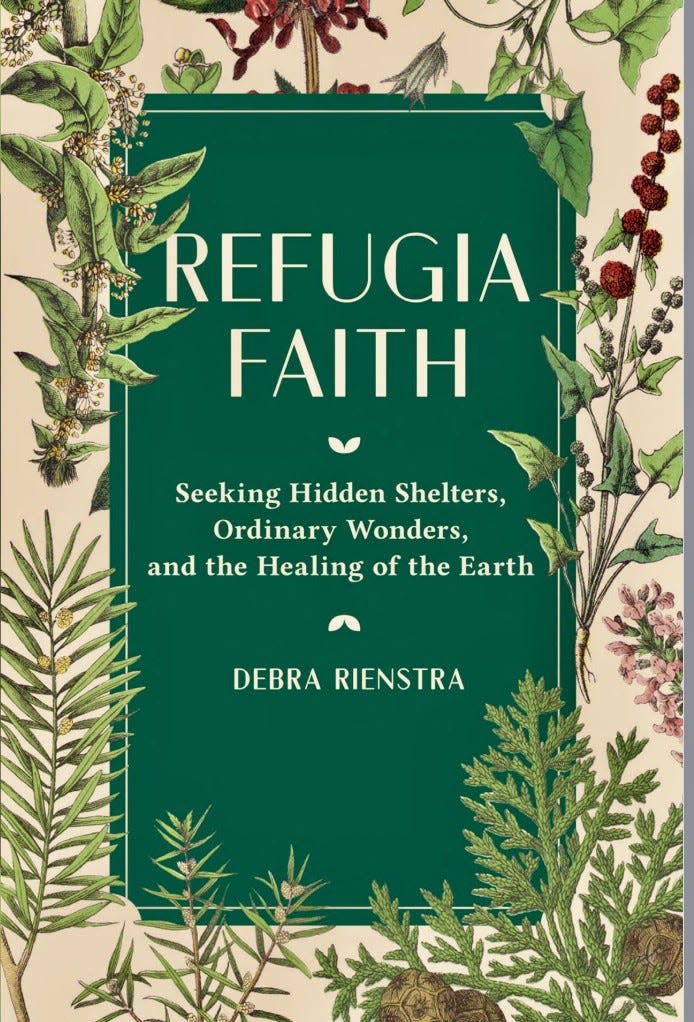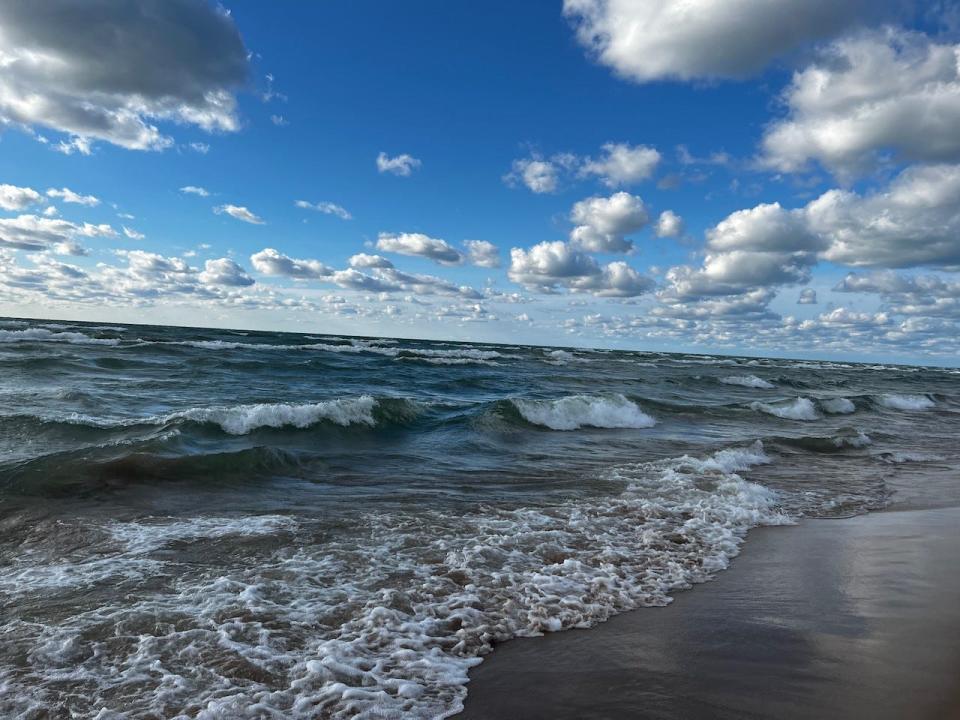MiSustainable Holland: There's hope in the face of climate change

HOLLAND — There’s an aphorism that used to circulate through environmental groups: Tell me where you grew up and I’ll tell you who you are. The geography of home has a lot to do with your internal identity. For many of us, the Great Lakes don't just feel like home; they make us who we are.
The lakes, however, are not immune to global changes. Invasive species, warmer winters and heavier rainfall events are all impacting our waters. The rhythm of the Great Lakes feels different now.
There’s another witticism circulating in environmental groups: Climate study is the cure for optimism. It’s one of those humorous things that keeps people going when the news seems to be especially bad. Indeed, given the science documented by the Intergovernmental Panel on Climate Change, there’s good reason to be concerned. End-of-the-world speculation is gaining momentum; doom and despair seem like viable options.
Dr. Debra Rienstra explores these themes of home and disruption in her recent book titled “Refugia Faith: Seeking Hidden Shelters, Ordinary Wonders and the Healing of the Earth.”
Refugia is not a spiritual term; it originates from the study of ecological disasters, like the 1980 eruption of Mount St. Helens, an explosion so cataclysmic that it annihilated everything in its path for miles.
Most observers assumed that ecosystem recovery would take a century; but that’s not what happened. Pockets of life survived – some underground in gopher holes, others under rocks and old fallen trees. These places of survival are called refugia. From these pockets, life remerged and reclaimed the landscape.
Subscribe: Get unlimited access to our local coverage
It’s no secret that our cultural and spiritual ecosystems today are experiencing their own disruption. Rienstra offers refugia faith as the model for moving forward. Pockets of faith communities will endure, and their role is to survive, adapt, grow in strength, and relaunch.

Hope Church and the Hope College Green Team are partnering to offer a three-session discussion of “Refugia Faith.” All three sessions are scheduled from 12-1 p.m. and will be hosted at Hope Church, 77 W. 11th St. in Holland. Preregistration is not required. Everyone is invited.
Session 1: Tuesday, June 18. Dr. Thomas Boogaart leads discussion of the Intro and Chapters 1 and 2.
Session 2: Tuesday, July 16. Dr. Steven Bouma-Prediger leads discussion of Chapters 3,4, and 5.
Session 3: Tuesday, Aug. 20 . Dr. Debra Rienstra leads discussion of Chapters 6 and 7.
— Peter Boogaart has been engaged with the Caring for Creation Ministry at Hope Church for 20 years. He currently is the ministry coordinator. Prior to retirement, he worked with the City of Holland and the Community Action Agency in residential weatherization programs.
About This Series: MiSustainable Holland is a collection of community voices sharing updates about local sustainability initiatives. This Week’s Sustainability Framework Theme: Community Knowledge: The collective knowledge and energy of the community is an incredible resource that must be channeled to where it is needed.
This article originally appeared on The Holland Sentinel: MiSustainable Holland: There's hope in the face of climate change

